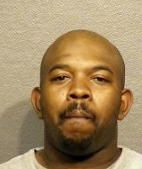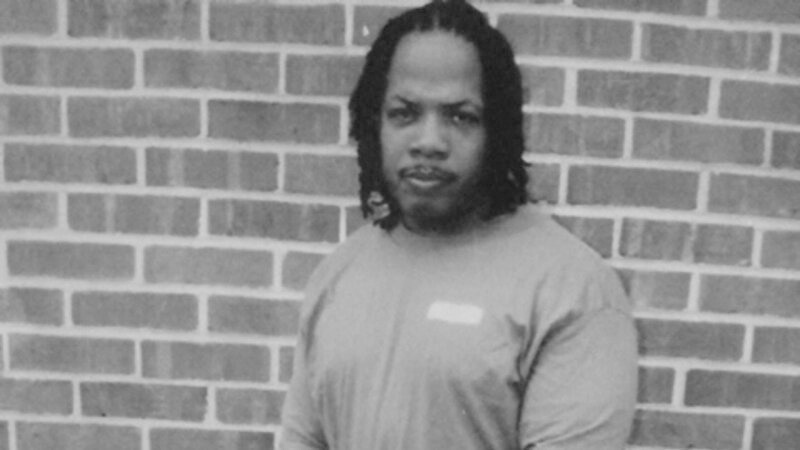Juneteenth Reflections: Honoring Our Texas Constituents
Juneteenth, celebrated on June 19th, commemorates the day in 1865 when enslaved African Americans in Galveston, Texas, were finally informed of their freedom—two and a half years after the Emancipation Proclamation. This day symbolizes liberation, resilience, and the ongoing fight for justice and equality. As we honor Juneteenth, we also recognize the stories of our Texas constituents who reflect the enduring struggle for freedom. Texas is still a state that disproportionately enforces the War on Drugs, evident by the fact that Black Texans are arrested for cannabis at 3x the rate of their white counterparts; making Texas the state with the most LPP constituents sentence. Thus, their stories are particularly poignant in light of recent events that highlight the discrepancies in our justice system.
Yet, the fight for justice continues years later. In a recent controversial decision, Texas Governor Greg Abbott pardoned Daniel Perry, who was convicted of murder for fatally shooting a demonstrator during a Black Lives Matter protest in 2020. Perry was sentenced to 25 years in prison for killing Garrett Foster, an armed protester, during an altercation. Despite the conviction and evidence of Perry’s racist intent and premeditation, the Texas Board of Pardons and Paroles unanimously recommended a pardon, which Abbott approved. This decision has sparked outrage and highlights a stark contrast in the application of justice.
While Perry, convicted of a violent offense, walks free, our Texas constituents remain incarcerated for nonviolent drug offenses involving marijuana, a substance that is increasingly being legalized across the country. Their continued imprisonment underscores the systemic inequities that persist in our criminal justice system.
1. Frederick Dewayne Britton - Frederick, incarcerated at FCI Forrest City Low, exemplifies resilience. Scheduled for release in January 2028, his unwavering spirit mirrors the strength of those who fought for freedom on Juneteenth. Frederick's journey reminds us of the importance of justice reform and the enduring impact of systemic inequities.
2. Ernest Lee Brown - Ernest, currently serving his sentence at FCI Sheridan, remains hopeful and determined. With a release date in July 2026, Ernest’s story is a stark reminder of the collateral consequences of outdated laws. This Juneteenth, we honor his perseverance and the continued fight for equality and justice.
3. Kerry Lynn Collier -
Kerry, serving a 20-year sentence at FCI Beaumont Low for conspiracy to distribute marijuana, has been incarcerated since 2011. Even though he has accepted responsibility for his offense and is a loving and supportive family man, he is still behind bars. This Juneteenth, we advocate for clemency for Kerry, highlighting his character and commitment to change.
4. Michael Dewayne Dennis - Michael, housed at FCI Beaumont Low, is scheduled for release in November 2032. Michael was convicted of conspiracy to distribute marijuana and sentenced to 216 months in prison in September 2020. His story serves as a poignant reminder of the work still needed to address the injustices of the past and present. This Juneteenth, we advocate for clemency for Michael, recognizing his resilience and commitment to change.
5. Kevin Harden - Kevin continues to inspire with his resilience. Harden, convicted of conspiracy to distribute marijuana, has served over a decade of his 30-year sentence at FCI Allenwood Medium. Scheduled for release in February 2037, his experience underscores the ongoing struggle for justice and systemic reform. As we commemorate Juneteenth, we reflect on Kevin’s strength and the importance of continuing the fight for true freedom for all.
6. Andre Martell Wells - Andre, at FCI Sheridan, is set for release in December 2025. Andre was detained in March 2021 during a trip to visit his sister, after which investigators accused him of being involved in a drug distribution network. Despite no prior criminal record and minimal involvement in the case, Andre and his co-defendants took plea agreements to protect their families. On Juneteenth, we recognize Andre's perseverance and the collective effort to secure justice and equality.
Juneteenth is a celebration of liberation and a reminder of the work that remains to achieve true justice and equality. As we honor these individuals, we reaffirm our commitment to justice and equity, drawing inspiration from their strength and the enduring legacy of Juneteenth. Their stories are a powerful reminder of why we must continue to advocate for a fairer and more just society.









